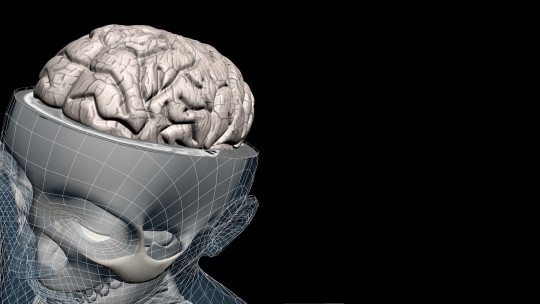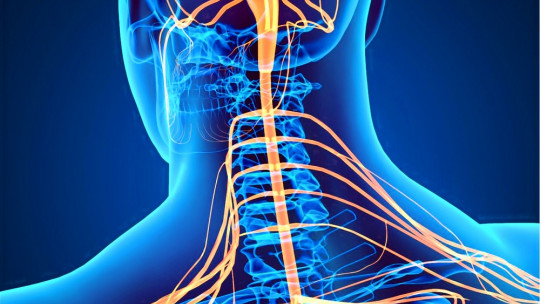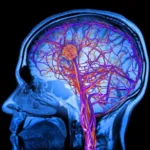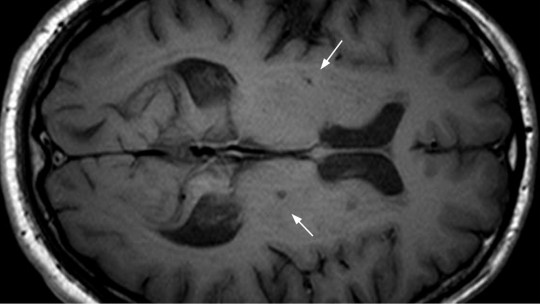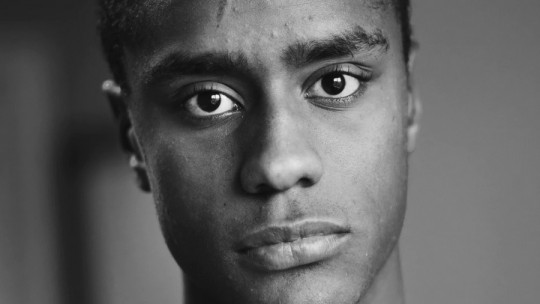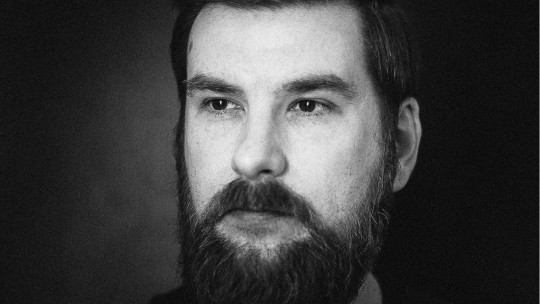The cranial structure, despite being quite protected, is extremely susceptible to suffering an injury or accident that ends up causing serious damage or discomfort to the person who suffers it.
One of these accidents is known as a concussion which although in most cases does not cause major damage, if the person does not rest and take care of their health, it can end up leading to multiple concussions or second impact syndrome.
What is a concussion?
Concussion is the most common and also the mildest type of brain trauma. At a more technical level, the expression refers to a small loss of knowledge that does not last long over time and which can occur after receiving an impact to the head, due to an injury or after a movement in which the head and brain move back and forth very quickly.
Although a concussion generally does not have to be fatal, this can cause a series of symptoms of considerable importance which must be treated as quickly as possible.
Likewise, this type of trauma can cause neuronal imbalances without the need for an apparent structural injury. After a cerebral seizure of this type, the brain is briefly blocked, may present loss of consciousness, confusion or alterations in memory
The fact that it is one of the most common brain accidents is due to the ease with which it can occur, since any fall, car accident, or any sport or daily activity that involves a lot of movement makes the person susceptible to suffering a stroke. concussion.
Symptoms of concussion
The symptoms associated with concussion vary depending on the person who suffers it and depending on the severity of the injury. For example, although loss of consciousness is a very common symptom of concussion, not all people who suffer it faint.
In the same way, it is possible that the person experiences the following symptoms both immediately and a few hours, or even days and weeks, after the accident.
Concussion symptoms can be classified into three types : mild shock symptoms, severe symptoms, and symptoms that appear during the recovery process.
1. Mild symptoms
They are the most common symptoms after a concussion, although they are annoying, they do not usually lead to major problems.
2. Severe symptoms
If you experience any of the following symptoms, you should seek medical attention urgently, as these are signs of a larger concussion. These symptoms are:
3. Symptoms during recovery
Finally, it is common for the person to present a series of symptoms derived from the effects of the shock which arise during the recovery period
Causes and risk factors
As mentioned above, concussion can result from a blow or fall in any context or carrying out any activity or an accident in any type of vehicle.
A considerable movement of the brain in any direction or orientation can lead to a loss of consciousness for the person. Depending on the duration of this loss of consciousness, the severity of the shock will be greater or lesser.
However, a shock does not always lead to fainting , there are people who experience an alteration in visual perception that makes them see everything black or white. In the same way, a person can suffer a mild concussion and not be aware of it, since they do not experience any symptoms or, if they do, it is so mild that they cannot associate it.
In addition, There are a number of risk factors which increase a person’s chance of suffering a concussion. These factors are:
- Being a man.
- Children under 5 years of age.
- People between 15 and 24 years old.
- People over 75 years of age.
- Carrying out contact sports activities
- Trades related to construction or agriculture.
- Driving or traveling in a vehicle at high speed.
- alcohol consumption
Insomnia.
- certain medications that induce or cause drowsiness.
Diagnosis
When making the diagnosis of a possible concussion, medical personnel must conduct an interview prior to the diagnostic tests in which they obtain information about the type of injury and the symptoms that the patient experiences.
Next, It is necessary to perform a physical examination to check the state of the nervous system This examination includes the evaluation of reflexes, variations in pupil size, coordination and mental clarity.
Finally, and depending on the severity of the patient, a series of diagnostic tests and examinations These tests include:
- Computed tomography (CT).
- Magnetic resonance imaging (IMR).
Electroencephalogram (EEG) in cases where seizures persist.
Treatment
The treatment of choice after suffering a concussion It will depend on the importance and extent of the symptoms
If the person suffers severe bleeding, inflammation, or brain damage, surgery may be necessary. However, this does not usually happen frequently.
Pain relievers are usually the prescribed medication in most cases, since the person only tends to present a series of somewhat annoying headaches. The usual recommendations after suffering a concussion are:
- Repose
- Observation of the affected person to detect possible complications.
- Do not do any type of sport or intense physical activity for the next 24 hours.
- Do not drive any type of vehicle, both motorized and non-motorized, after 24 hours.
- Avoid alcoholic beverages.
Forecast
Complete recovery after a concussion can take a little time, lasting days, weeks or months. The problems or symptoms that appear during recovery tend to last a short time, however the person may need help or collaboration from others to carry out certain daily activities.
Nevertheless, there is a possibility that the person could suffer a multiple concussion while the first shock develops.
Multiple concussion
After suffering a first concussion, and if the instructions of health personnel are not followed or some type of sport or physical activity is performed, the person is susceptible to suffering a second concussion.
This multiple concussion can cause an alteration known as Second Impact Syndrome (SSI) Unlike the common concussion, second impact syndrome increases the chances of suffering significant swelling in the brain, which does imply a risk of death.

